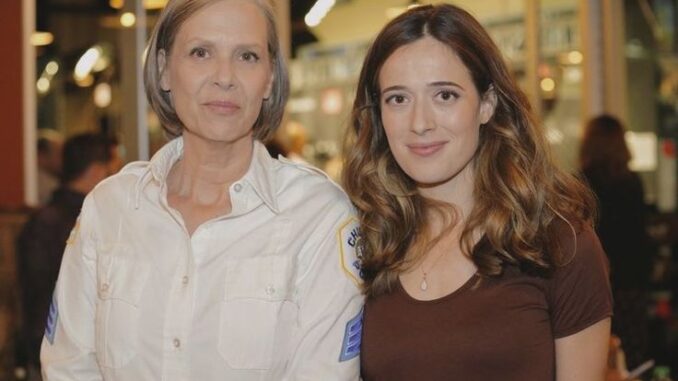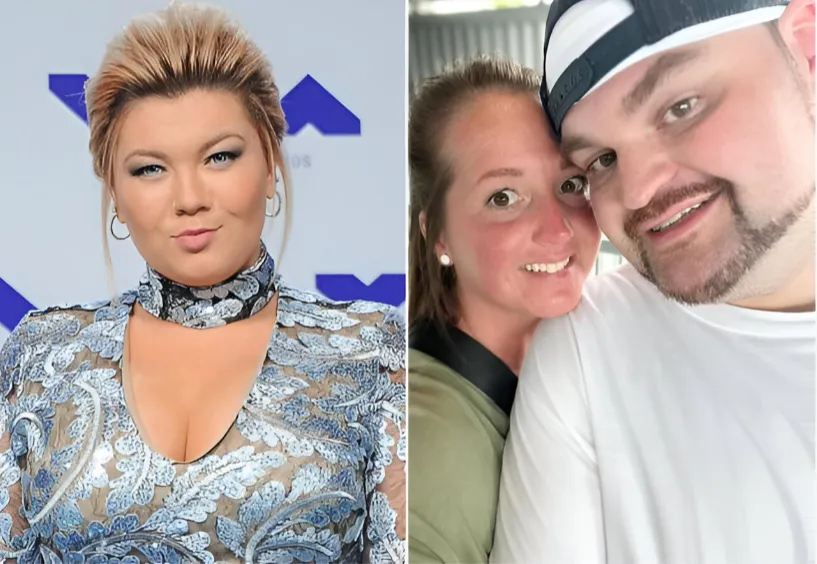
In the gritty underbelly of Chicago P.D., where violence is routine and justice feels like a shifting mirage, one character has reigned supreme in both admiration and controversy: Sergeant Hank Voight. For more than a decade, Voight has served as the emotional and moral core of the show — a man who doesn’t just blur the line between right and wrong, but obliterates it entirely. What makes him so endlessly compelling isn’t just his unpredictable nature or brutal methods. It’s the fact that, despite all of it — maybe because of all of it — we can’t stop watching him.
From the moment he stepped onto the screen in Chicago Fire before P.D. even existed, Voight was an enigma. Was he corrupt? Vengeful? Broken? The answer, as it turns out, is yes — and so much more. Played with mesmerizing depth by Jason Beghe, Voight isn’t your typical television cop. He doesn’t fit into a mold. He isn’t polished or principled. He’s not the hero the city asked for — he’s the one it got when things started falling apart.
What separates Voight from every other cop on TV isn’t just what he does, but why he does it. His version of justice is deeply personal. Every choice he makes, every rule he bends or breaks, stems from a life battered by grief, betrayal, and loss. The death of his son Justin wasn’t just a plot point — it was the defining fracture in Voight’s soul. After that, he stopped pretending the system could be trusted. He became the system — judge, jury, and, if needed, executioner.
But to reduce Voight to a rogue cop is to miss what the show masterfully reveals over time: his actions, while often brutal, are never without purpose. He’s not power-hungry. He’s heartbroken. He’s not lawless — he simply believes the law isn’t enough. And when the people he loves are threatened, when innocent lives are at stake, he does what he feels must be done, regardless of the cost.
And that cost is steep. Voight carries the weight of his choices on his face, in his voice, in his silences. There are no scenes where he sits down and explains his pain. He doesn’t need to. Jason Beghe shows it in every glance, in the tension in his shoulders, in the grief that simmers just beneath the surface. Voight doesn’t cry — not often. But when he does, it’s shattering. Because you know that man doesn’t cry easily. Not after everything he’s survived.

What makes his journey even more compelling is the loyalty he commands. His team doesn’t always agree with him. Sometimes, they fear him. But they follow him, not out of obligation, but because they trust him. He doesn’t ask his unit to do anything he wouldn’t do himself. He shields them from the consequences of their mistakes. He absorbs their guilt when he can. He takes the fall, keeps the secrets, and always — always — protects the people he considers his family.
And that’s what Voight’s unit is: a family. Broken, complex, and deeply bonded. His relationship with each member — Burgess, Atwater, Ruzek, Upton — is forged not just in casework, but in tragedy, sacrifice, and earned respect. He sees potential in them when they don’t see it in themselves. He pushes them. Sometimes he breaks them. But always, he builds them back up.
Of course, none of this would land without the performance of Jason Beghe, who elevates Voight from a morally gray antihero to one of the most memorable characters in contemporary television. Beghe’s voice — famously gravelly after a near-fatal car accident in real life — adds a physical texture to the character, as if each word is carved out of pain. But it’s his stillness, his restraint, that says the most. Voight doesn’t monologue. He doesn’t grandstand. He watches. He calculates. And when he strikes, it’s with terrifying clarity.
Throughout its run, Chicago P.D. has never shied away from difficult questions. It has tackled police brutality, racial injustice, internal corruption, and community mistrust. And Voight, always, is in the middle of it — not as a clean-cut answer, but as a symbol of uncomfortable truth. He is the embodiment of what happens when a man believes so deeply in protecting others that he forgets to protect himself. When the mission becomes everything. When justice becomes personal.
And in making justice personal, Voight becomes dangerous. Not just to the people he pursues, but to himself. Because no one walks that fine line between good and evil without slipping. No one carries that kind of burden without cracking. And we’ve seen him crack. We’ve seen him lose control, seen him bury bodies — metaphorical and literal. We’ve seen the man behind the badge, and it is both tragic and terrifying.
Because, in some quiet part of ourselves, we know that the world isn’t always fair. And when the system fails — as it so often does — we wonder if maybe someone like Voight is necessary. Not to follow, not to admire, but to exist. To do the things we can’t. To say the things we won’t. To protect those who would otherwise be forgotten.



